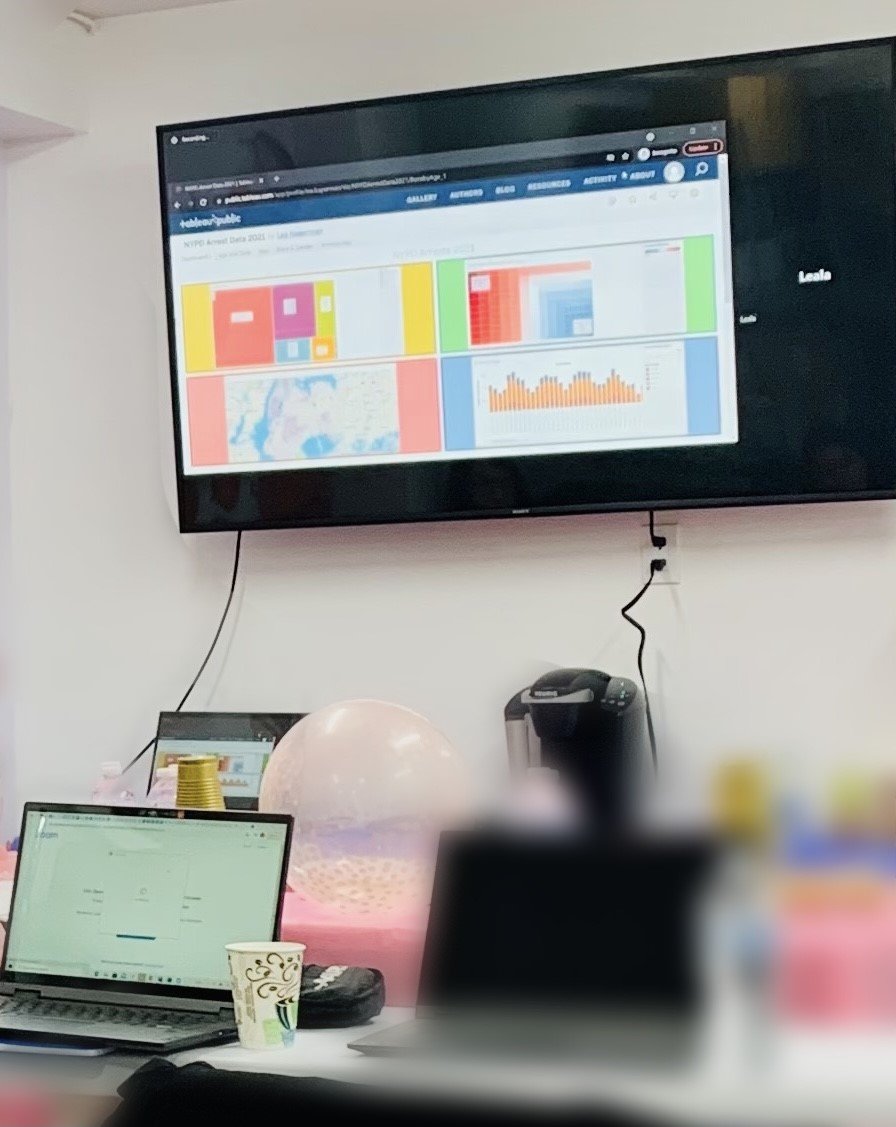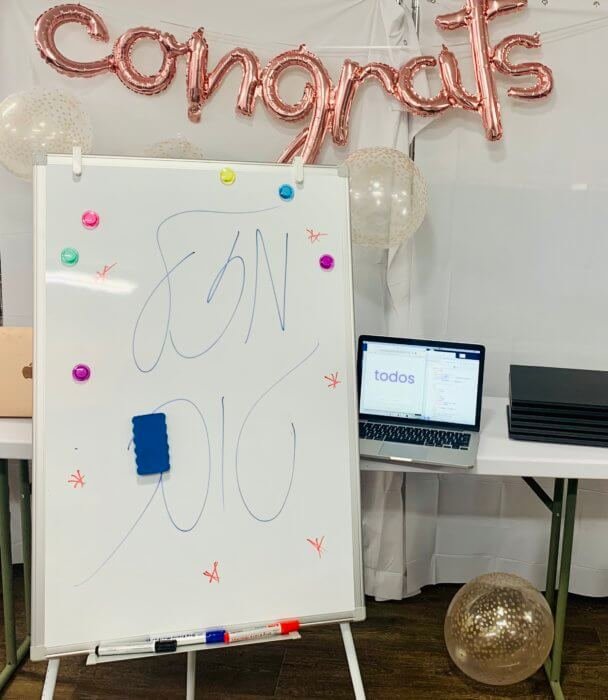
By Haeven Gibbons
A coding program is helping women in the Orthodox Jewish community pursue software development and technology jobs in New York through a partnership with Code Kevudah and Met Council. The program is giving these women the skills to improve their careers, become experts in technology and get higher-paying jobs in the future.
“We have a mission to accelerate technology training for women in this community,” said Mindy Sabel, director of Code Kevudah.
Code Kevudah encourages women in the Orthodox Jewish community to pursue software development and technology jobs through facilitating technology training in a culturally sensitive way. Met Council is a Jewish charity dedicated to serving New Yorkers in need. Met Council’s ten different departments served over 305,000 clients in 2020. The two partnered together to bring a culturally sensitive and inclusive coding and web development program to Orthodox Jewish women.
“I think it’s an innovative way of really reaching a community that, in many cases, due to religious reasons and cultural sensitivities, have limits in terms of some of the abilities they have to learn about technology,” said David Greenfield, the CEO and executive director of Met Council.
For religious reasons, many people in the community will only use filtered internet and can only attend class on certain days due to religious observances. Code Kevudah and Met Council found ways to accommodate these cultural and religious sensitivities.

A flyer for the summer coding program. Photo courtesy of Mindy Sabel.
Instructors hired through Code Kevudah were women from the community, the internet used in class was filtered, the class schedule worked around the student’s religious requirements, it was an evening program that allowed people who work full time or women with young children to be able to participate and the class was taught in Borough Park, near the women’s community.
“Just because people have cultural or religious sensitivity doesn’t mean that you can’t get them the technological education that they require to be successful in today’s marketplace,” Greenfield said.
What the program offers
The program offers rigorous curriculums to learn either data science or web development.
Fourteen students participated in the 6-week summer coding program. Students met three times a week for two hours each time. Five students participated in the data science track and nine students participated in the web development track. Students ranged from women in their 20s to women in their 50s.
“The women that I met were all really driven, really smart and very competent,” Sabel said. “And they were really just interested in upskilling themselves and being able to increase their earning potential and also had a genuine interest in this field.”
By the end of the program, students presented an end project that they developed. Students went from having zero technical knowledge to presenting a fully coded, usable solution or a fully functioning web page.

At the end of the program, women presented their final projects. Photo Courtesy of Mindy Sabel
“It’s a real game changer in terms of employment ability,” Greenfield said.
Bracha is a mother of 11 who works full time to support her family. She participated in the six week program.
“This was a great way to invest my time; data analytics is such an interesting way to use my brain, manipulating data can turn it into useful information,” Bracha said. “I’m definitely going to get my Google certification, and I was able to find the areas where I need to get practice. I would not have had this opportunity without this program.”
Expanding opportunities
Now that the summer program is over, Met Council and Code Kevudah are working to support the women, both in helping them find ways to apply their work, whether through internships or taking on special projects, as well as directing them to the right resources to help them continue to develop and refine their knowledge to help them continue their training to be fully employable.
Met Council and Code Kevudah are working on programming for 2022 and hope to continue the program on a regular basis.
“We’re looking to expand these offerings in the future so that we can really give these folks the skills that they would need to be successful in the technological marketplace,” Greenfield said.
Sabel said the summer program was an important pilot for a much bigger vision for Orthodox jewish women to do well in the current economy.
“We are currently building a vision that expands this across different neighborhoods, and creates additional classes that can allow more women to take part in similar programs,” Sabel said.
Met Council and Code Kevudah hope to replicate the program’s framework to eventually expand the program to help thousands.
“I think it has the ability to be a game changer,” Greenfield said. “We’re going to keep doing more of it and really try to expand this and try to empower these young women to pursue their dreams.”
Addressing a need
Met Council works to discover the problems people face in the communities they serve and what can be done in those communities to help alleviate poverty. During the pandemic, Met Council opened an office in Borough Park and saw that one of the challenges many smart, Orthodox Jewish women were facing was access to job opportunities that would allow them to sufficiently provide for their families because they didn’t have the needed technological capabilities. In turn, these women were making less money because of their limited technological skill sets.
There is also a huge need for technology talent within the community but a shortage of qualified people, Sabel said.
“For anybody who works in the space that is trying to combat poverty, there’s nothing more important than giving people the skills that they have to combat it themselves,” Greenfield said. “Because folks who are stuck in a lifetime of poverty, unfortunately, what we see professionally is, in many cases, it becomes an endless cycle.”
Greenfield said the key to ending this cycle is education, especially technological education, because it is so necessary for good jobs today.
“Being able to pair our technology mission with their (Met Council’s) poverty alleviation mission, really, really was a wonderful thing to see come together,” Sabel said.
